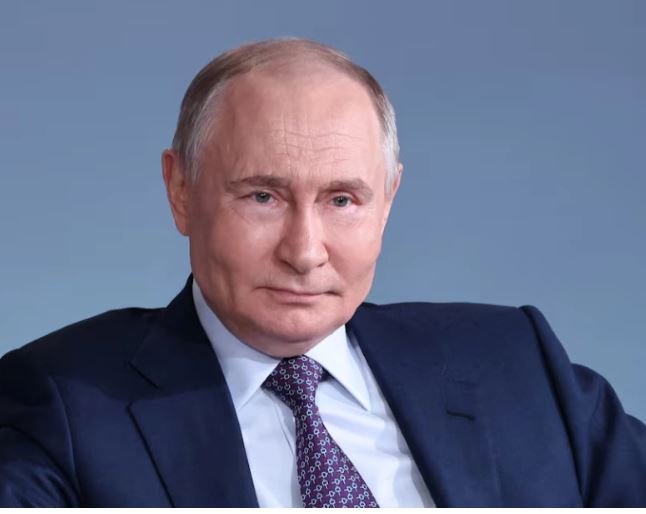**Headline: Russia’s Ambitious Mega Projects: Paving the Path to a New Global Era**

In a world where infrastructure and innovation are key to economic power, Russia is poised to redefine its place on the global stage with a series of groundbreaking mega projects that promise to reshape not only its landscape but also the dynamics of international trade and energy. As the nation embarks on an ambitious journey, these developments could herald a new era, fundamentally altering how we connect, travel, and engage with the environment.
At the forefront of this transformation is the Moscow-St. Petersburg high-speed railway, a monumental undertaking that aims to shorten travel time between Russia’s two iconic cities to a mere 2.5 hours. With a staggering budget of over $25 billion, this rail line will span 679 kilometers and reach speeds of up to 400 kilometers per hour, revolutionizing domestic travel and boosting economic exchanges. Set for completion in 2028, the project is a collaboration between state-backed organizations and private entities, marking a significant leap in Russia’s transport history.

Just outside Moscow, a visionary smart city is taking shape in the Kuga region. Dubbed Sputnik, this urban marvel is designed to house 500,000 residents and will feature cutting-edge digital infrastructure and eco-friendly architecture. Aiming to be Russia’s answer to Silicon Valley, Sputnik is set to attract startups and research institutions, embodying a commitment to sustainable high-tech living.
Meanwhile, the Meridian Highway is under construction, stretching 2,000 kilometers from Kazakhstan to Belarus. This route promises to streamline trade between China and Europe, reducing cargo delivery times by up to ten days and positioning Russia as a crucial logistics hub. The highway represents a strategic move to enhance international trade and economic integration, complementing China’s Belt and Road Initiative.
On the international front, the proposed Moscow-Beijing high-speed railway symbolizes the deepening economic ties between Russia and China. This ambitious project aims to facilitate smoother transportation and bolster diplomatic relations, enhancing connectivity between two of the world’s largest economies.

Energy is another area where Russia is making significant strides. The Arctic LNG 2 project, located in the Giden Peninsula, is set to become one of the largest liquefied natural gas projects globally, boosting Russia’s output by nearly 20 million tons annually. This $21 billion initiative showcases Russia’s commitment to becoming a key player in the global LNG market, meeting the rising demand for cleaner energy sources.
In a bid to lead the world in clean energy, Rosatom is expanding its nuclear power capabilities, constructing 11 reactors both domestically and internationally. This aggressive expansion strategy aims to reduce reliance on fossil fuels while enhancing Russia’s standing as a nuclear technology exporter.
Moscow itself is undergoing a massive urban transformation with the Moscow renovation program, which seeks to replace over 5,000 outdated Soviet-era buildings with modern residential complexes and green spaces. This initiative is not just about aesthetics; it aims to improve the quality of life for over a million residents, introducing new public parks and advanced infrastructure.
The expansion of the Moscow Metro is another critical development, with plans to add over 150 kilometers of new tracks by 2030. This expansion will alleviate congestion and improve connectivity across the capital, making it easier for millions of commuters to navigate the city.
As Russia invests heavily in its infrastructure, the Siberian Power 2 pipeline is set to become one of the largest gas export projects in the nation’s history. This pipeline will transport natural gas from western Siberia to China, solidifying Russia’s role as a leading energy provider while diversifying its export markets.
These projects, still under construction or in the planning phases, represent a bold vision for the future. They are not merely infrastructural developments but a strategic reimagining of Russia’s economic landscape and its role in global affairs. As the world watches closely, the success of these mega projects could indeed signal the dawn of a new era, one where Russia emerges as a formidable player in the realms of trade, energy, and technology.
With each passing day, the anticipation grows—will these ambitious undertakings fulfill their promise and reshape the world as we know it? Only time will tell, but one thing is certain: the stakes have never been higher.





